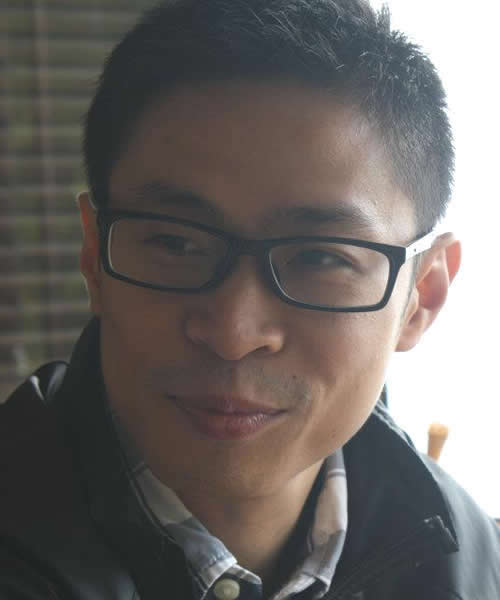Early in the film First Reformed, directed by the acclaimed screenwriter and filmmaker Paul Schrader, a world-weary pastor (played by Ethan Hawke) finds himself surprisingly energized while counseling an environmentalist whose work and knowledge has left him despondent. “Wisdom,” the reverend says, almost in spite of himself, “is holding two contradictory truths in our mind simultaneously – hope and despair... Holding these two ideas in our head is life itself.” At first blush, this sentiment appears to pay homage to the oft-quoted definition of intelligence as “the ability to hold two opposed ideas in the mind at the same time, and still retain the ability to function.” But within the context of the film – a probing meditation on faith’s place in a world ravaged by ecological disaster – the reverend’s words also call into question humankind’s intelligence. This intelligence may have done well in “subduing the earth” and exploiting its resources. It may even have produced the science that reveals all the ways that our planet is becoming uninhabitable. Yet, for Schrader, it seems powerless to restrain the greed and folly of human beings, mired in contradictions of heart and mind.
These very themes were addressed in the recent Parliament of the World’s Religions held in Toronto, particularly via a series of panels, task forces, and resolutions dedicated to interfaith climate action. In an online manifesto, the Parliament stressed the importance of finding “meaning and value in the world beyond what our science and our economics can reveal,” and of drawing on religious wisdom to envision a world “catalyzed by common purpose – the Wellbeing of humans, our societies, and the Earth’s natural systems.” Beyond forging common ideals and crafting plans, however, the Parliament also understood the great challenge of effectively communicating its message to religious communities and the wider public. It was within this framework that my second presentation at the Parliament (the first was on how interreligious understanding is cultivated at Georgetown) focused on the following question: How have Buddhists and Christians around the world harnessed the power of film media to respond to the environmental crisis?
Rather than looking at selected Buddhist and Christian films separately, in a spirit of Buddhist-Christian dialogue I distilled the message of each film into a key verb and framed them into a single story. For instance, representing a voice from American evangelicalism, Will Fraser’s upcoming Cowboy and Preacher urges Christians to believe: to believe the evidence that there is indeed a crisis, and to correct the erroneous belief that human “dominion” over creation can be divorced from an ethic of care and responsibility. Meanwhile, presenting a Chinese Chan (Zen) perspective, films from Tsai Ming-Liang’s ongoing “Walker” series invite us to slow down. If the ecological malaise is a symptom of modernity’s fetishization of speed and “progress,” then collective well-being can only be restored when we make conscious, counter-cultural efforts to decelerate our unhealthy pace of life. When we do slow down, Tsai’s filmic buddha-dharma suggests, we can better see all the ways that our lives are already rich and wondrous as they are. In an elemental and profound sense, there is really no need to “get” to wherever we thought we had to be.
Engaging the Dutch Reformed Christianity in which Schrader was raised, First Reformed issues perhaps the most compelling clarion call to environmental action in recent world cinema. On the one hand, the film soberly summons us to despair: not only about the staggering scope of the ecological disaster at hand, but also about our complicity in the events that have led to this disaster in the first place. In fact, as the reverend’s cruciform faith shows, such despair can be so severe that it feels like an experience of Gethsemane, if not Golgotha. But on the other hand, the film also invites us to hope, to envision a hope so deep that it exceeds and transfigures the depths of our despair. Within Schrader’s film theology, this hope comes alive when we embrace – when we allow ourselves to be embraced by – the reality of a living, loving other.
Given Schrader’s indebtedness to Zen philosophy and aesthetics (via the works of Ozu Yasujiro in particular), what First Reformed finally affirms may be described in Buddhist terms as the reality of interdependence, in which self, other, and world are all graced with non-dual compassion. For all our pluralistic differences, this is surely something that all participants of the Parliament, and hopefully all Buddhists and Christians, can agree upon. And it remains our task to continue envisioning, with intelligence and wisdom, such a world into reality.

